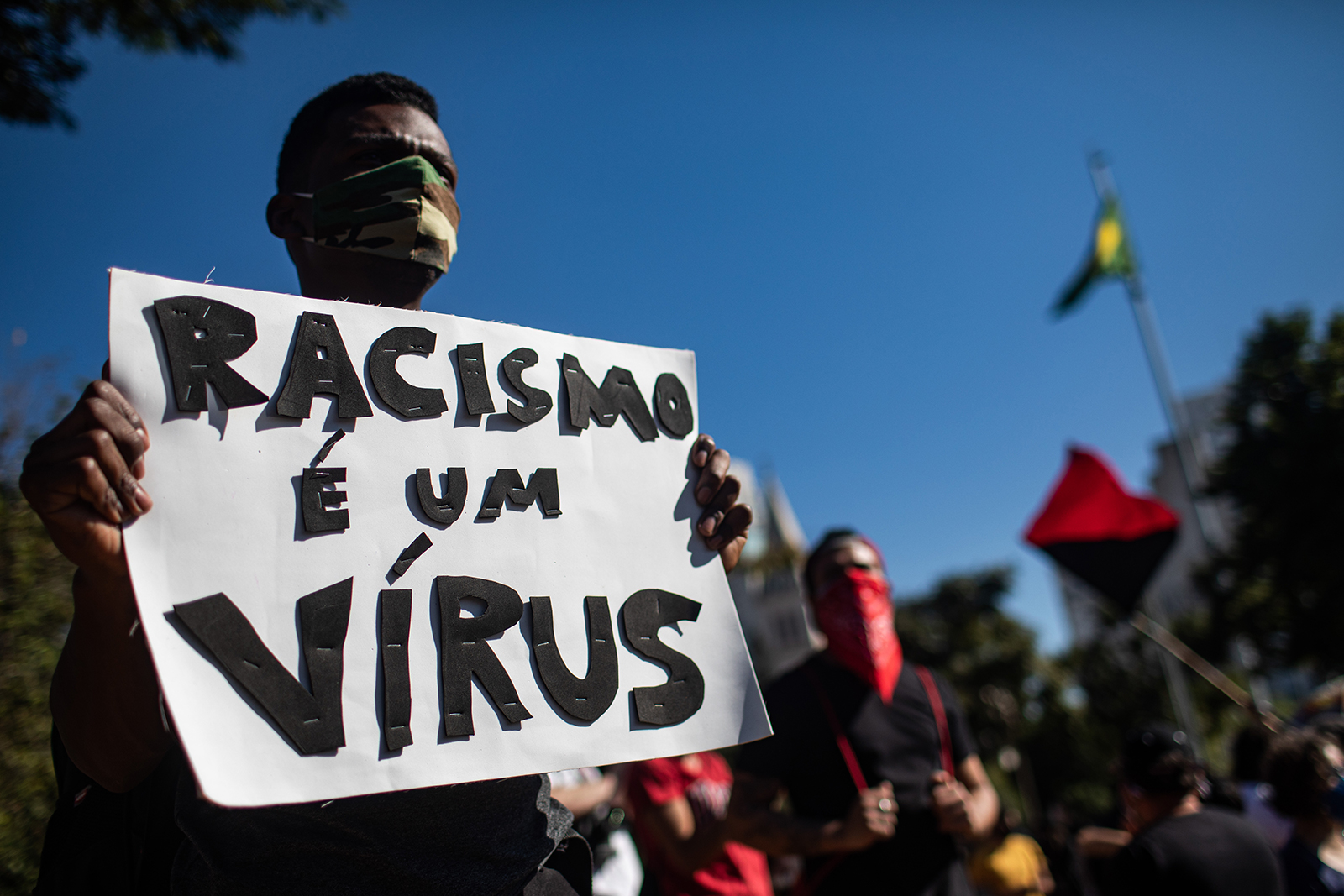HIST 695 (01) - Independent Study
Independent Study
Term: Spring 2024 - Full Term (01/23/2024 - 05/06/2024)
Grade Mode: Letter Grading
CRN: 51312
| Start Date | End Date | Days | Time | Location |
|---|---|---|---|---|
| 1/23/2024 | 5/6/2024 | Hours Arranged | TBA |
| Start Date | End Date | Days | Time | Location |
|---|---|---|---|---|
| 1/23/2024 | 5/6/2024 | Hours Arranged | TBA |
| Start Date | End Date | Days | Time | Location |
|---|---|---|---|---|
| 1/23/2024 | 5/6/2024 | Hours Arranged | TBA |
| Start Date | End Date | Days | Time | Location |
|---|---|---|---|---|
| 1/23/2024 | 5/6/2024 | R | 4:10pm - 6:00pm | HORT 422 |
| Start Date | End Date | Days | Time | Location |
|---|---|---|---|---|
| 1/23/2024 | 5/6/2024 | R | 2:10pm - 5:00pm | HORT 445 |

The definition and substance of citizenship have changed dramatically in the past two hundred plus years. Since the violent birth of independent nations in the Americas, countries as varied as the United States, Cuba, and Brazil have experienced struggles over basic assumptions about who belongs to the nation, who deserves to protect it and be protected by it, as well as ideas about individual and group rights. These conflicts continue to the present day, as seen in the public and legal debates over access to the ballot box, racial violence, immigrant rights, LGBTQ+ equality, inclusion of people with disabilities, and other issues. While governments and courts have historically played a central role in defining and enforcing rights, at the same time, citizens and non-citizens alike have participated in the process of redefining rights, often altering broad societal understandings of citizenship and inclusion. In this class, we will trace the evolution of expanding (and occasionally contracting) rights and responsibilities over time, the question of inclusion versus exclusion, and the experience of diverse social groups as they demand increased access to political and economic power, with a focus on the United States and Latin America.
| Start Date | End Date | Days | Time | Location |
|---|---|---|---|---|
| 1/23/2024 | 5/6/2024 | MW | 9:40am - 11:00am | HORT 422 |
Witches, Magic, and Witch Trials
This course will explore witchcraft and magic from 1500 to the present. We will focus heavily on regional cases of witchcraft and magical belief, and on the famous Salem Witch Trials, and we will also broaden our perspective and explore magic and witchcraft from around the world and into the modern era. In addition to historical witchcraft, we will explore contemporary debates over public monuments and memorials to victims of witch trials, in the process, we will consider the ethics of consumerism and tourism at sites of tragedy. Finally, we will study representations of witchcraft in popular culture to examine how media and literature have shaped the way the modern public understands historical witchcraft.
This is the capstone research seminar for the undergraduate History major. All students will undertake research in primary and secondary sources and prepare a substantial original research paper. Many of our class meetings will include workshopping sessions of your research in progress.

| Start Date | End Date | Days | Time | Location |
|---|---|---|---|---|
| 1/23/2024 | 5/6/2024 | Hours Arranged | TBA |
| Start Date | End Date | Days | Time | Location | |
|---|---|---|---|---|---|
| 1/23/2024 | 5/6/2024 | TR | 9:40am - 11:00am | HORT 307 | |
| Final Exam | 5/14/2024 | 5/14/2024 | T | 8:00am - 10:00am | HORT 307 |

| Start Date | End Date | Days | Time | Location | |
|---|---|---|---|---|---|
| 1/23/2024 | 5/6/2024 | TR | 8:10am - 9:30am | HORT 215 | |
| Final Exam | 5/9/2024 | 5/9/2024 | R | 8:00am - 10:00am | HORT 215 |
This course will cover US foreign policy from the aftermath of World War I to current times, focusing on the forces that constrained US policy makers, the beliefs of the policy-makers themselves, and the affect of those policies on people in the US and abroad.
| Start Date | End Date | Days | Time | Location |
|---|---|---|---|---|
| 1/23/2024 | 5/6/2024 | R | 4:10pm - 6:00pm | HORT 422 |
| Start Date | End Date | Days | Time | Location | |
|---|---|---|---|---|---|
| 1/23/2024 | 5/6/2024 | TR | 2:10pm - 3:30pm | HORT 207 | |
| Final Exam | 5/10/2024 | 5/10/2024 | F | 3:30pm - 5:30pm | HORT 207 |
The Athenian Empire
Athens was by far the most powerful city-state in the ancient Greek world, so much so that an enemy said “Athens alone can stand against all the rest of us combined.” How did the Athenian polis and its people, the demos, rise to such dominance by land and sea that they controlled the majority of Greek civilization, defeated the Persian Empire, and wielded an unprecedented amount of military and economic power in the Eastern Mediterranean? This class will explore the demographic, economic, military, and political factors that led to the rise and fall of the Athenian empire. The archaic origins of Athenian colonization, the role of tyrants, and the rise of democratic imperialism prior to and after the Persian wars will be discussed in depth. The devolution of the free Delian League into Athenian Empire will be studied through inscriptions, followed by the eventual Greek resistance that culminated in the Peloponnesian War with Sparta, as well as the revival of Athenian hegemony in the fourth-century free Second Athenian League.